“New year, new you.” It is a classic phrase as we start another new year. People make resolutions as they look at a fresh year to make a fresh start on a better version of themselves. Some may make resolutions to get healthier or to learn more over this coming year. Once they set their overall resolution, they can make certain goals in order to achieve that. To get healthier, one may set goals to eat better, start exercising, or quit smoking. Or to get smarter, one may set a goal to read more books this year or take an online course in something.
Before setting those goals, you would obviously want to make sure the goals match the resolution. It wouldn’t make much sense to make your goal to be eating more chocolate cake if your resolution is to be healthier. But how much time do we spend making sure our resolutions fit with our actual purpose in life? This may seem like an unnecessary thing to do, but given we are starting a new year with new resolutions, we should do an inventory that our goals are what they should be.
Granted, being healthier and increasing in knowledge are noble goals, and ones that we should all have, to be honest. But there may be times when we begin to set goals that are not really consistent with our purpose.
As a humorous example, I may make the resolution to become a concert violinist. I could set goals for daily practice times in order to achieve that. That could be a really great thing! But that would be dedicating time and energy to something that really isn’t my purpose. I’ve never played the violin before. And while there’s nothing wrong with starting a new hobby or learning a new skill late in life, I don’t think my ultimate purpose is to become a concert violinist.
On a more sobering note, though, how often do we commit time and energy to things that aren’t really our purpose? Which begs the question, what is our purpose in life anyway?
The answer to this question must run deeper than just what our profession may be or what our hobbies are. This question should strike at the heart of humanity. What is the purpose of humankind? Why are we here?
Why are we here?
For those who believe in atheism, who think our existence came through the Big Bang and the natural process of Darwinian evolution, our existence has no purpose. There is no reason for us to be here. We simply happen to be the lucky accident that stumbled out of the primordial soup.
In the words of Richard Dawkins, “Natural selection, the unconscious, automatic, blind yet essentially nonrandom process that Darwin discovered, and that we now understand to be the explanation for the existence and form of all life, has no purpose in mind. It has no mind and no mind’s eye. It does not plan for the future. It has no vision, no foresight, no sight at all.” With atheism, there is no Creator who intended for you to be here, therefore, life has no purpose or meaning.
However, this doesn’t satisfy the deeper longing of the human heart. We all desire to have some significance or relevance. We want our life to have meaning and purpose. Yet to be consistent with the worldview of atheism, our lives cannot have any meaning or purpose. As a result, we try in vain to give our lives purpose.
Maybe life’s purpose is to simply find happiness, but find happiness in what? Things here on this earth are fleeting. What happens when that job is lost or you can no longer do your favorite hobby or that relationship ends or your children rebel against you? What happens when one person’s happiness collides with another person’s happiness?
We can try to believe that things in this world can satisfy the deeper longing of our being, because sometimes it seems like they can. We can find “happiness” in many things, it seems. But they always come up short; they always leave us with some disappointment. There is always a temporary nature to it. Times change and people change. As C.S. Lewis said, “If I find in myself desires which nothing in this world can satisfy, the only logical explanation is that I was made for another world.”
This is what Lewis had in mind. If our purpose in life is simply to find happiness and fulfillment in ourselves, in our things, or in our surroundings, we will never be fully satisfied. Our purpose must be something other than that. Maybe our purpose, then, is outside of this world.
According to the Westminster Shorter Catechism, the first question to be answered before all others in the catechism is, “What is the chief end of man?” I find it interesting that before we dive into any other questions and answers about God, heaven, Scripture, or Jesus, we must first answer this question about our purpose. What is the purpose of man? Because if our purpose is just to make ourselves happy, then the definition and identity of God doesn’t really matter – just do whatever makes you happy. But, if our purpose is more than that, if it is found outside of ourselves, then we need to understand what else exists outside of ourselves.
So, what is the chief end of man? To glorify God and enjoy Him forever.
Jesus, as He prayed for His disciples and all believers on the night He was arrested to be crucified, said, “And this is eternal life, that they know you, the only true God, and Jesus Christ whom you have sent.”
Paul, in Philippians 3:7-11, wrote, “But whatever gain I had, I counted as loss for the sake of Christ. Indeed, I count everything as loss because of the surpassing worth of knowing Christ Jesus my Lord. For his sake I have suffered the loss of all things and count them as rubbish, in order that I may gain Christ and be found in him, not having a righteousness of my own that comes from the law, but that which comes through faith in Christ, the righteousness from God that depends on faith— that I may know him and the power of his resurrection, and may share his sufferings, becoming like him in his death, that by any means possible I may attain the resurrection from the dead.”
In Matthew 6, Jesus discussed how people would worry over what they would wear and what they would eat. It may be that they thought their purpose was a job or providing for their families or doing all the things for their children. But He told them to not worry about all those things. Their purpose, and our purpose, is bigger than those things. He said, “For the Gentiles [unbelievers] seek after all these things, and your heavenly Father knows that you need them all. But seek first the kingdom of God and his righteousness, and all these things will be added unto you.”
Jeremiah wrote in 9:23-24, “Thus says the Lord: “Let not the wise man boast in his wisdom, let not the mighty man boast in his might, let not the rich man boast in his riches, but let him who boasts boast in this, that he understands and knows me, that I am the Lord who practices steadfast love, justice, and righteousness in the earth. For in these things I delight, declares the Lord.”
Paul prayed this for the Colossians: “And so, from the day we heard, we have not ceased to pray for you, asking that you may be filled with the knowledge of his will in all spiritual wisdom and understanding, so as to walk in a manner worthy of the Lord, fully pleasing to him: bearing fruit in every good work and increasing in the knowledge of God.” (Colossians 1:9-10).
And lastly, in the words of Charles Spurgeon, “It has been said by some one that ‘the proper study of mankind is man.’ I will not oppose the idea, but I believe it is equally true that the proper study of God’s elect is God; the proper study of a Christian is the Godhead. The highest science, the loftiest speculation, the mightiest philosophy, which can ever engage the attention of a child of God, is the name, the nature, the person, the work, the doings, and the existence of the great God whom he calls his Father.”
If our purpose is to know God, to glorify Him, and to enjoy Him forever, shouldn’t that influence the resolutions and goals set for 2024 in your life? Don’t busy yourself with the things that do not matter and yet miss knowing Him who Created all things. Seek first His kingdom; if you boast, boast in knowing God. Consider all other things rubbish so that you may gain Christ first. Fill yourselves with the knowledge of God from His Holy Scripture. Study the Godhead so that you may know the name, the nature, the person, the work, the doings, and the existence of this great God you call Father.




